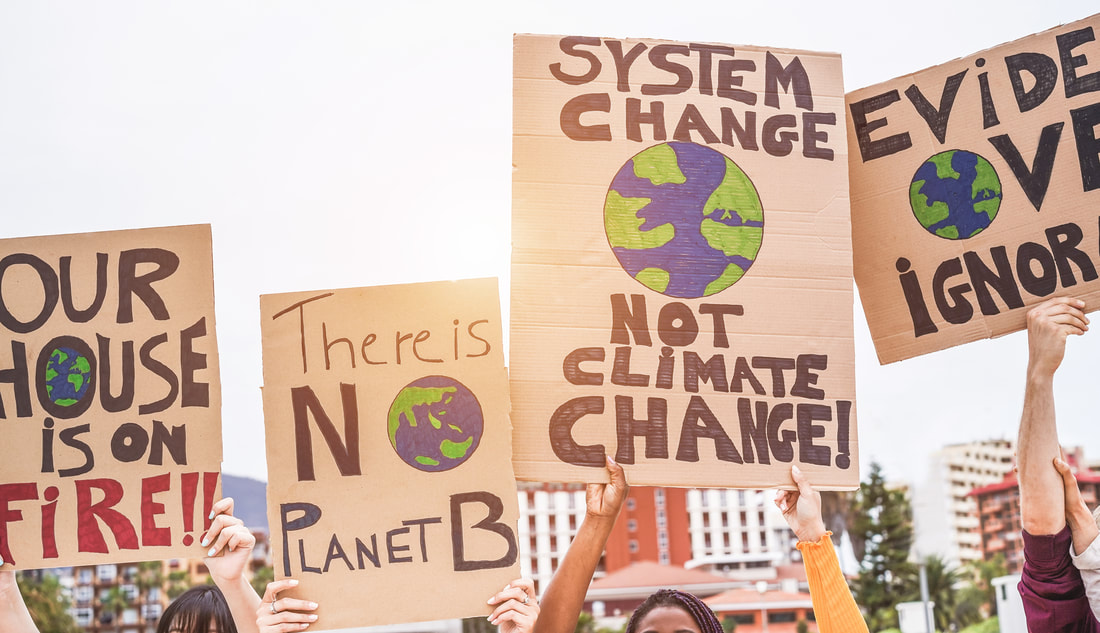|
The Chancery Lane Project said Tuesday that it's releasing a batch of 10 climate-oriented contract clauses attorneys and businesses can use copyright-free to address climate risks and regulatory requirements under U.S. law.
The group, founded in 2019 in the U.K., said it collaborated with U.S. attorneys to adapt some of its existing climate-related clauses for use in the U.S. The clauses cover practice areas including construction, commercial transactions and energy and differ in their climate ambitions, with more adapted clauses expected to come. Chancery Lane Project, which describes itself as the largest global network of attorneys and businesses using climate clauses to deliver fast and fair decarbonization, said the release marks an expansion into the U.S. — which is the world's largest economy and has some of its largest greenhouse gas emissions — as "climate contracting" to reduce emissions continues to expand. "Many lawyers now realize the power of contracts to make or break climate goals and manage climate risk and are gearing up their teams to take action," Becky Annison, the head of engagement for Chancery Lane Project, said in a statement on Tuesday. "The publication of many of our clauses in the United States provides an amazing opportunity to American businesses to get a jump-start. We look forward to seeing how these clauses pave the way for new legal solutions to climate issues in American contracts as they do in the U.K.," Annison said. According to a press release, the clauses cover things such as sustainable and circular economy principles in leasing arrangements for repairs and alterations, landlord and tenant obligations to provide renewable electricity, sustainable soil management obligations, and dockless mobility data-sharing and renewable energy requirements in supply contracts. Teresa Garcia-Moore, a science and impact manager for The Sustainability Consortium, which has offices in Arizona, Arkansas and the Netherlands and works to deliver more sustainable consumer products, said in a statement that there is an ongoing shift to more businesses seeing climate change not as an exercise in social responsibility, but in risk management. "Climate change poses a real threat to businesses, in terms of their bottom line, regulatory, supply chain, procurement and investment risk," Garcia-Moore said in a statement Tuesday, calling the clauses a valuable resource for attorneys looking to help clients manage that risk. "And, with that shift, we have seen an increase in the number of attorneys being asked to address these issues for clients through climate contract law, which is one of the most effective ways for companies to protect themselves."
0 Comments
Leave a Reply. |
HISTORY
April 2024
Categories |
© Walk 4 Change. All rights reserved.


 RSS Feed
RSS Feed